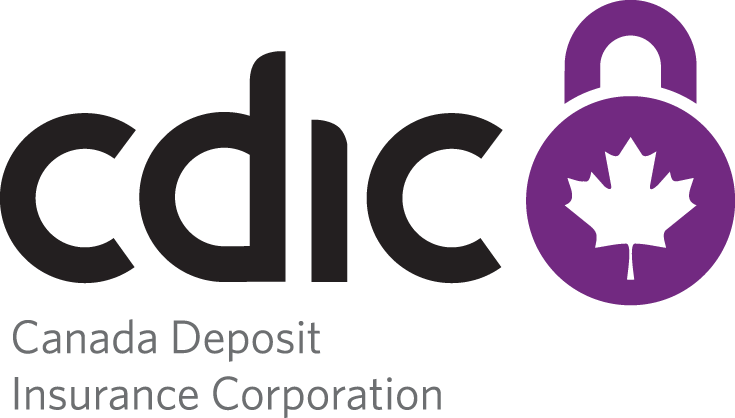Brokers

Brokers typically place deposits for their clients at CDIC member institutions in two ways:
- directly in the name of their client (i.e. in-client-name)
- holding it (i.e. in trust) for their clients (i.e. in-nominee-name)
This distinction has an important impact on how deposit insurance protection extends to client deposits held at a CDIC Member Institution, with the key difference being the scope of insurance categories that apply to in-client-name brokered deposits and to nominee brokered deposits. This distinction also affects the way CDIC treats these deposits in the unlikely event that one of our member institutions fails.
Brokered deposits in nominee name
Deposits made by brokers as a nominee (i.e. in nominee-name) for their clients would be treated by CDIC as a deposit held in trust:
- Coverage would be extended to these deposits under the trust deposits insurance category — except if they are held in a registered plan, such as an RRSP, RRIF, RESP, RDSP, FHSA or a TFSA which are deposit categories in their own right and therefore each receive separate coverage of up to $100,000.
- The nominee broker would be the trustee for the deposit, and their clients the beneficiaries.
- If CDIC were required to reimburse depositors due to a member institution failure, CDIC would provide the funds to the nominee broker as the trustee, in trust for their clients.
It is important to note that for deposits placed in nominee-name, there are specific requirements set out in the CDIC Act and By-laws that a nominee broker, as trustee, must meet to ensure their clients’ deposits are protected by CDIC.
Brokered deposits in a client’s name
Deposits made by brokers as an agent for their clients (i.e. acting in-client-name) would be treated by CDIC as a deposit made by the client directly with the member institution. CDIC would apply the appropriate deposit insurance category based on how the broker has set up the deposits. The client would then receive deposit insurance coverage based on the category in which the deposit falls (that is, it would not necessarily be a trust). If CDIC was required to reimburse depositors due to a member institution failure, funds would be provided directly to the client named in the files of the member institution.
